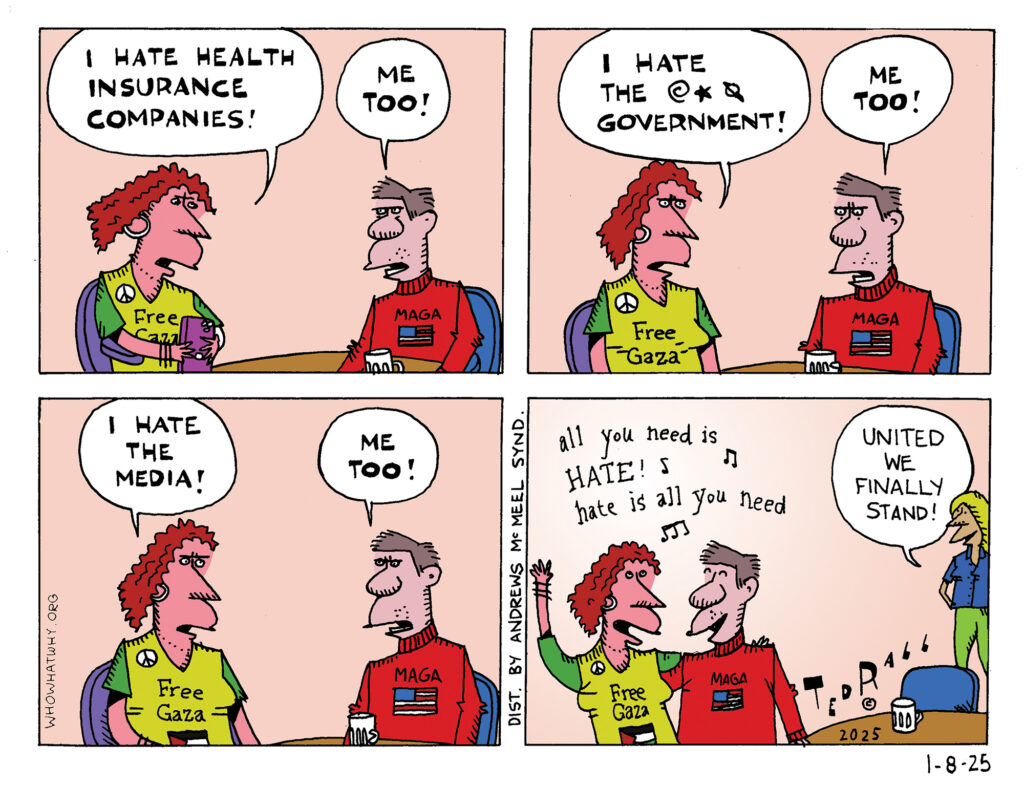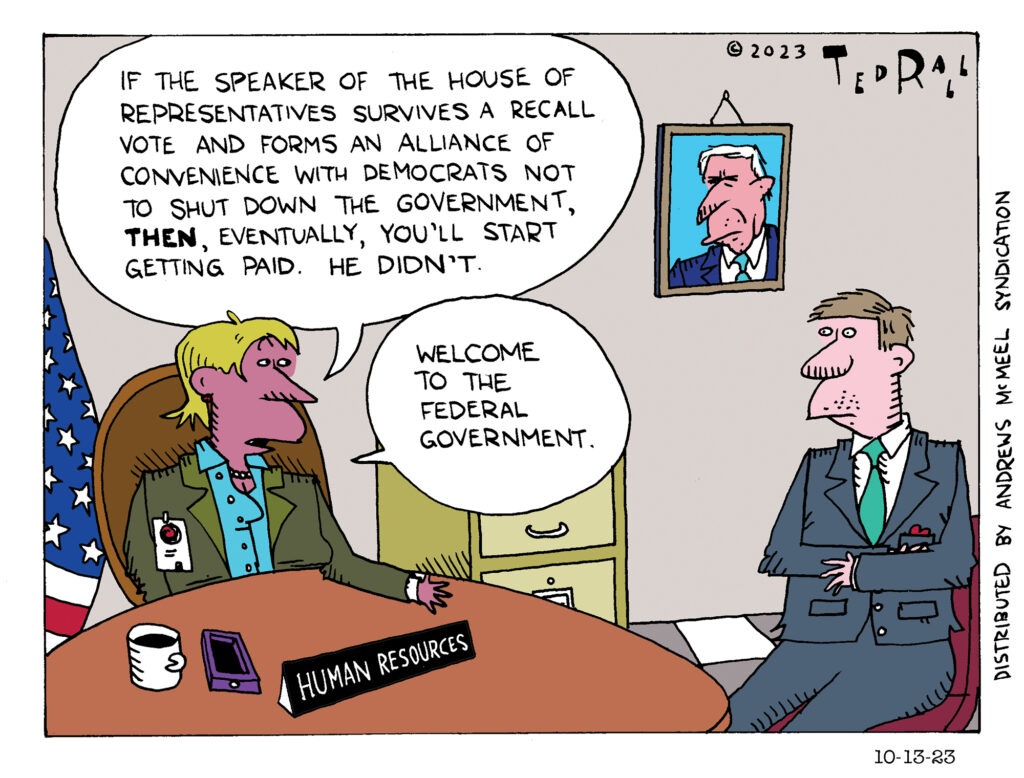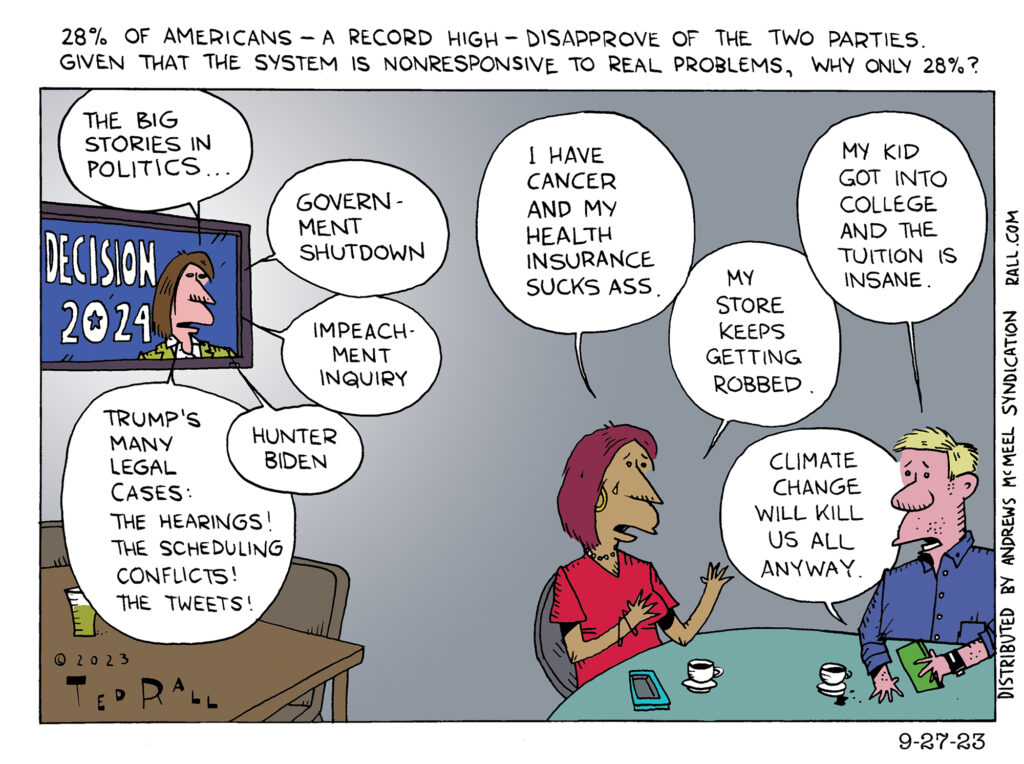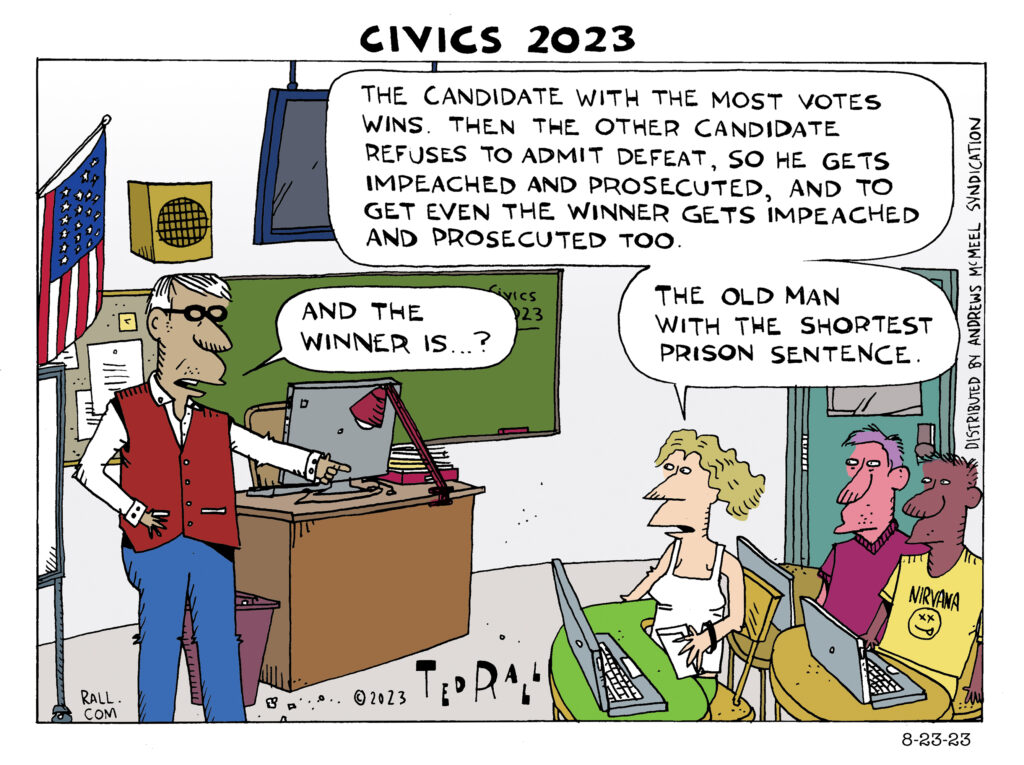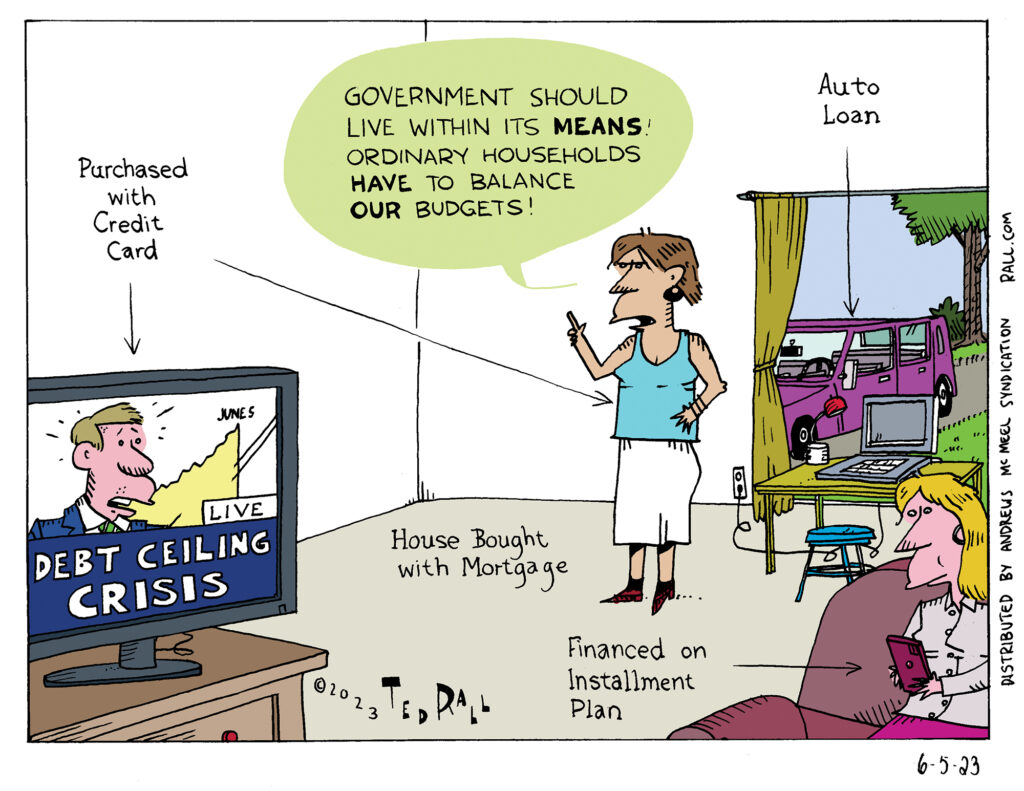Live at 10 am Eastern/9 am Central time, and Streaming 24-7 Thereafter:
Chief Trump consultant Elon Musk and his so-called Department of Government Efficiency (DOGE) have hit the ground running, shocking Washington’s Inside-the-Beltway bureaucratic infrastructure by following the Silicon Valley approach of “move fast and break things.”
Musk is moving to shut down US-AID. He offered bullying buyout offers to 2.3 million federal employees. He and his team of very-young assistants has been granted access to confidential government data, including those of the Treasury Department payment systems, NOAA, Medicare and Medicaid, and more.
Musk says DOGE is thoughtful and deliberate. But the speed with which he is moving worries critics who think he’s endangering essential government services and might have nefarious designs on Americans’ personal data. What’s next for DOGE?
On today’s “The TMI Show,” Manila Chan and Ted Rall speak with financial expert and political analyst Mitch Roschelle.

